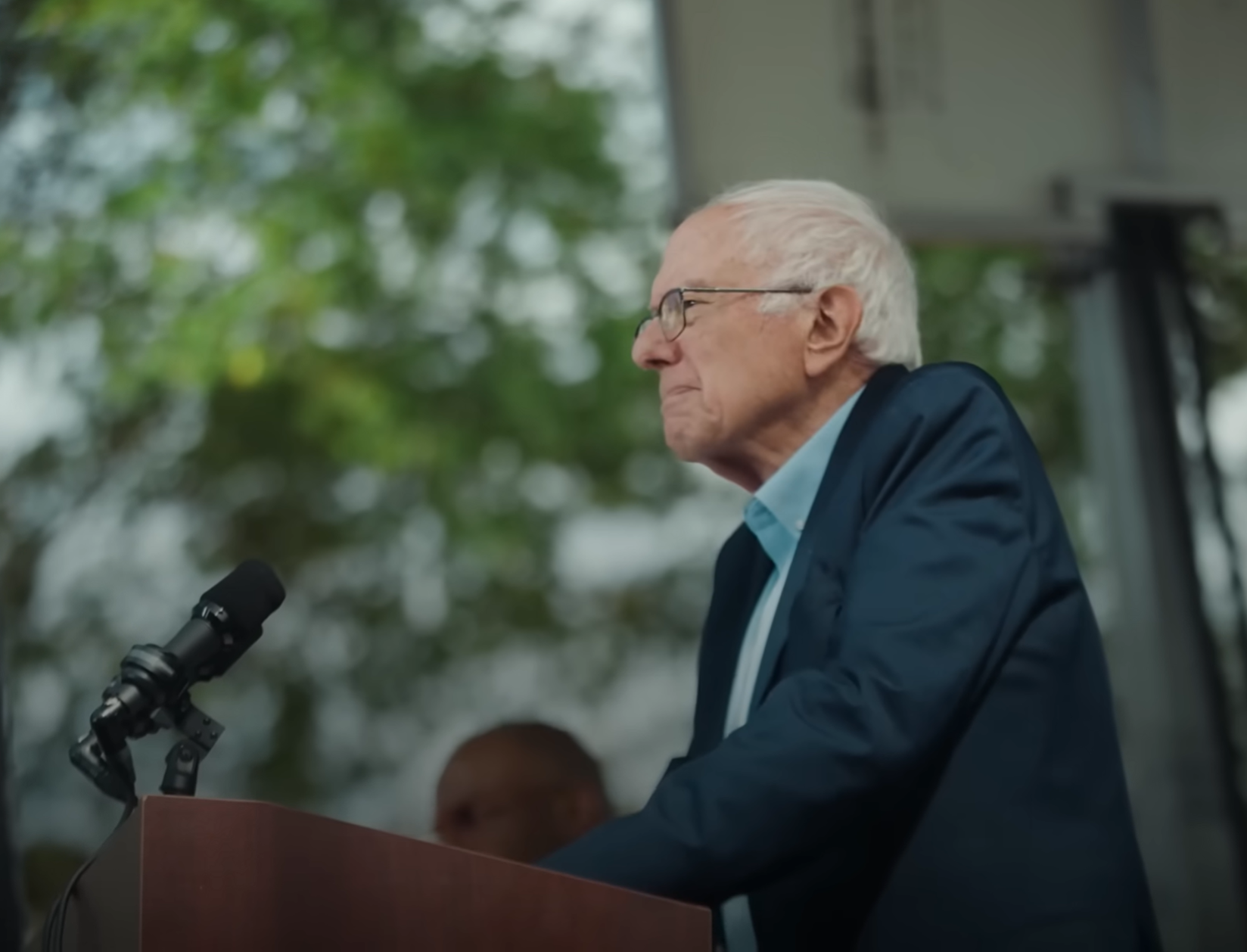A couple of Texas tycoons who lived life high on the hog have been found guilty of tax fraud. A U.S. bankruptcy court ruled that two brothers and business associates, Sam and the now-deceased Charles Wyly, used complex offshore trusts and shell companies to dodge taxes on more than $1 billion of income (In re Wyly, et al, Bktcy. Ct. – TX, 05/10/16). But Charles’ widow Dee won’t be penalized because she qualifies for “innocent spouse” relief.
Here are the key facts: The brothers accumulated enormous wealth through their various business enterprises, including Bonanza steakhouses and Michaels Stores, during their halcyon days in the 90s. While they socked away money in trusts set up in the Isle of Man, a known tax haven, they continued to enjoy their lavish lifestyles. These arrangements were complex and strictly hush-hush.
When the IRS audited the Wylys’ tax returns in 2004, they stumbled onto the offshore accounts. In 2010, the Securities and Exchange Commission (SEC) sued the brothers for securities fraud. In the meantime, Charles died in a car crash in 2011, leaving Dee as a very wealthy widow.
Eventually, a district court entered judgment against Sam and the estate of Charles. (The decision is currently on appeal.) Then both Sam and Dee filed for bankruptcy protection. The IRS sought to collect a total of $1.4 billion in taxes, fees and penalties from Sam and $800 million from Dee.
The government claimed that the trusts were shams that allowed the Wyleys to splurge on multi-million dollar homes, expensive jewelry and prized artwork at the drop of a hat. Conversely, the attorneys for the family argued in court that the brothers intended for the trusts to be legitimate and they were merely following the advice of the legal and tax professionals they had relied on.
After reviewing reams of testimony and documents for several weeks, Judge Barbara Houser rendered her verdict in a 459-page opinion. She concluded that the trusts arrangements were, at their core, a tax evasion scheme and that Sam and Charles knew what they were doing, despite the protestations.
At the same time, Judge Houser absolved Dee of any wrongdoing. “There was nothing that should have ‘tipped her off’ that something was amiss,” said Houser. “She did not commit fraud, she did not participate in any fraud, she was not willfully blind, and she is entitled to the benefit of the innocent spouse defense.”
The judge has given Sam Wyly and the IRS 30 days to figure out exactly how much he will be required to pay. If the parties can’t come to an agreement, the judge said each side should submit a proposal within 45 days. In any event, Sam will likely have to cough up somewhere in the neighborhood of $1 billion when all is said and done.
Thanks for reading CPA Practice Advisor!
Subscribe Already registered? Log In
Need more information? Read the FAQs
Tags: Income Taxes



